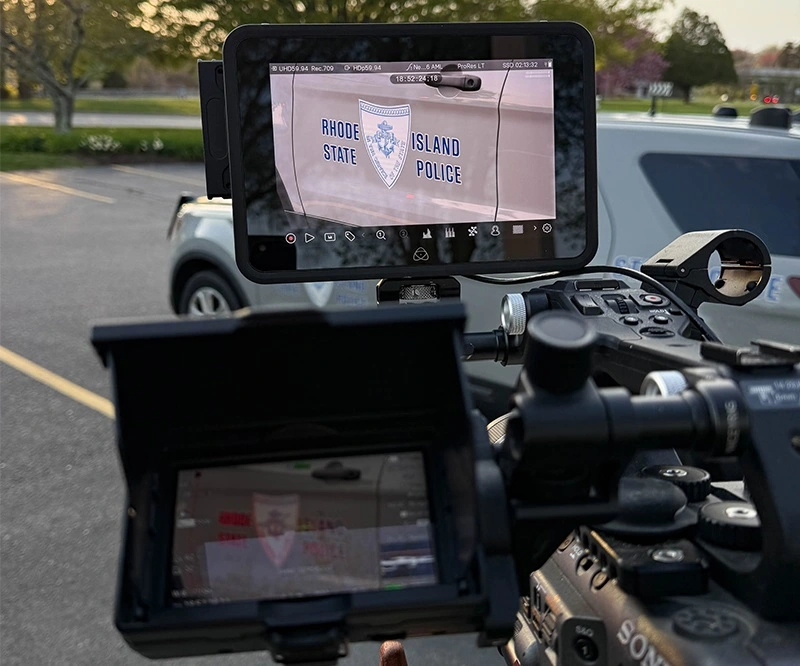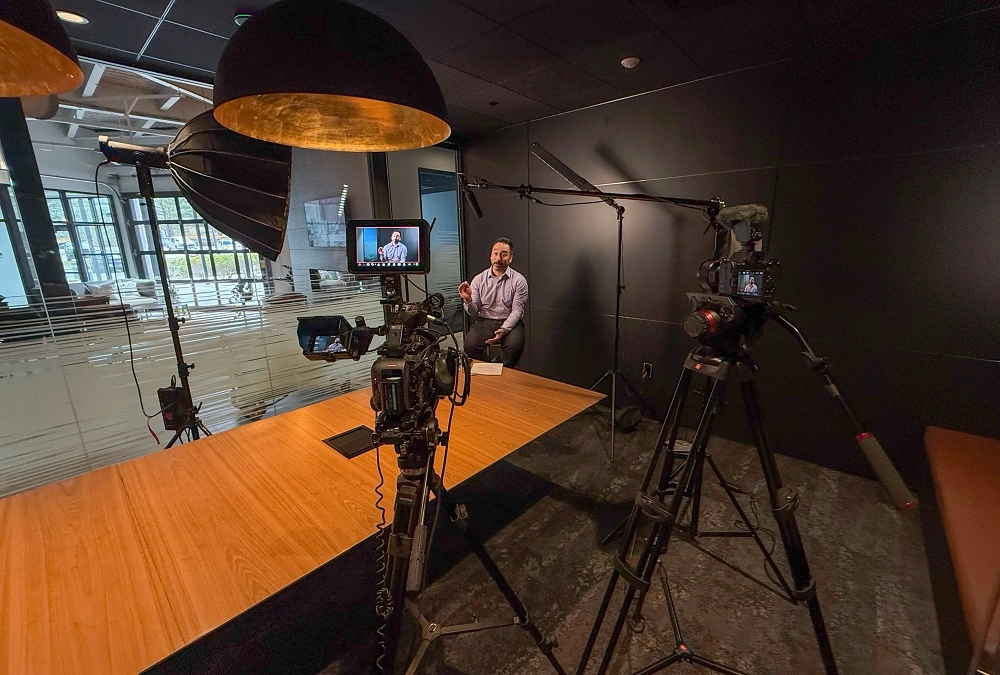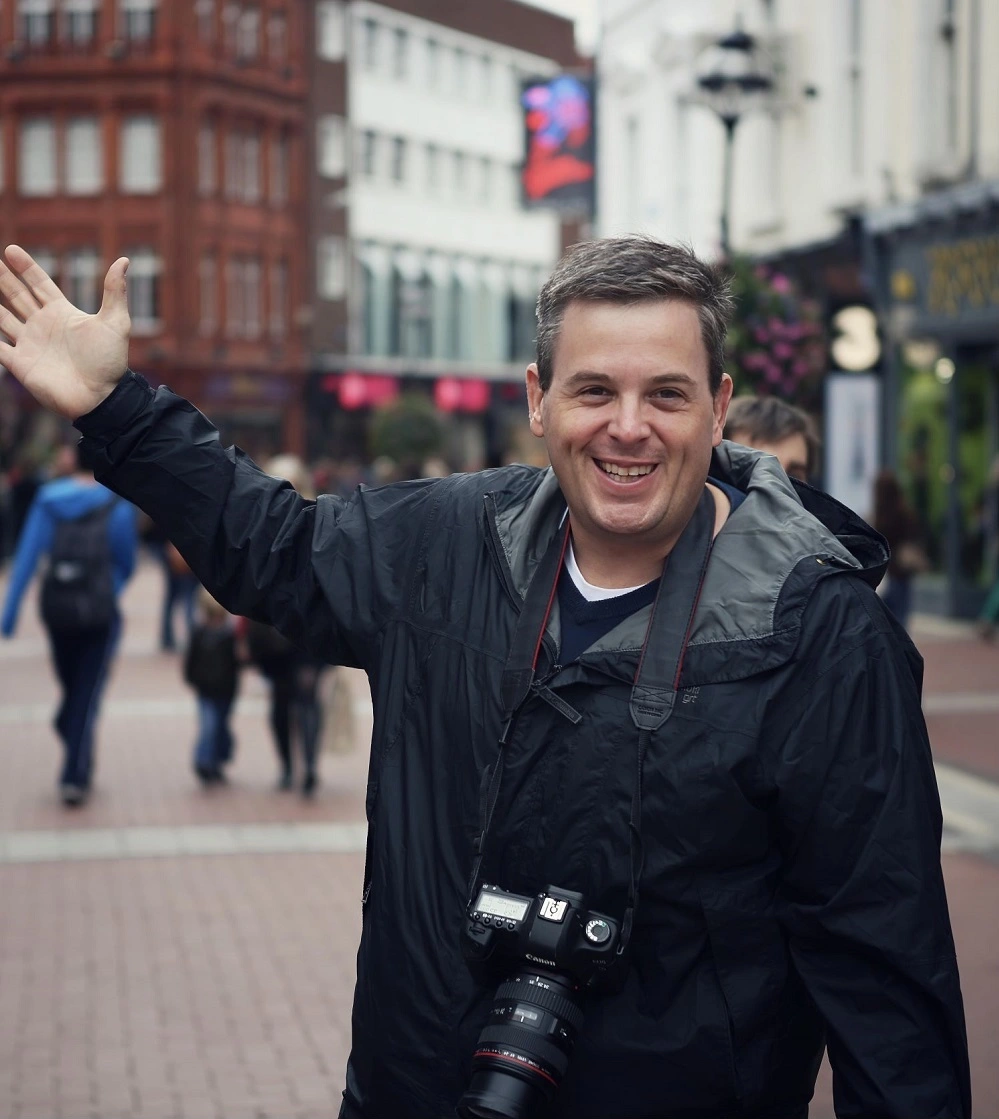 The most powerful marketing plans include video content. But if you’re an A/V beginner, you don’t need to do it alone. A videographer can help you create professional commercials, online promos, and social media content that draws your audience’s eye. You don’t need to know the ins and outs of a video shoot to have a successful day with your videographers. You just need to know what to expect and go through your video shoot checklist.
The most powerful marketing plans include video content. But if you’re an A/V beginner, you don’t need to do it alone. A videographer can help you create professional commercials, online promos, and social media content that draws your audience’s eye. You don’t need to know the ins and outs of a video shoot to have a successful day with your videographers. You just need to know what to expect and go through your video shoot checklist.
Below, find a video shoot checklist for a perfect video production day, courtesy of a RI videographer.
What is Pre-Production?
Pre-production is the stage before filming, when you and the film crew collaborate on your plan to ensure a smooth filming day. You’ll discuss things like:- The purpose: Will your video be a TV commercial? Promos for your website? Training videos for your employees? Make sure you and your videographers are on the same page before cameras start rolling.
- The target audience: Who do you want your videos to appeal to? Paying customers, executives, investors? A clear target audience helps your videographers understand the goal.
- The style: What tone do you want your project to have? Corporate, upbeat, cinematic? If you have examples of other videos for inspiration, that’s even better! .
- The logistics: Where will the crew film? Outside on the grounds, in offices and indoor facilities, or both? Your video crew can help you determine if drones are a good fit for your space or if a standard film crew is a better fit.
- Filming schedule: Your crew should let you know how long the shoot will take. Consider when you can make time for a video crew to visit your space.
Video Planning for a Video Shoot: Your Pre-Production Checklist
After you’ve had your initial consultation and received a quote, you can finalize details with your videographer. In the meantime, you can prep for a smooth filming day with the following production steps and pre production examples- Double-check logistics: Your videographer should let you know if they require access to outlets or need a specific height clearance. Double-check that your space meets specifications, so the crew can set up and start filming
- Clear your schedule: Confirm the filming schedule with your staff and make sure your filming spaces, like offices and meeting rooms, aren’t double-booked during that time window.
- Recruit your talent: If you want interviews, ask your employees who wants to appear on camera on filming day. If you do a mock interview as prep, don’t ask the same questions you expect on filming day. This will keep answers authentic and fresh! .
- Do a clean sweep: Pick up any clutter and tidy up your space. Remove anything you don’t want in your final video, like documents with sensitive info or logos from your competitor.
- Create backup plans: If the weather doesn’t cooperate or an interviewee is unable to attend, have a plan in place to avoid rescheduling, such as reserving secondary indoor spaces.

What to Expect on Filming Day: Production Steps
Every filming day unfolds differently, depending on your plan and the key shots you want. However, in general, you can expect a typical production day to look something like this.1. Arrival & Setup
Expect the crew to show up 30 minutes to an hour early to set up lights, cameras, and audio equipment. The crew may also scout out locations for the B-roll footage, the secondary footage that supports the main action2. Interview Filming
If you want interviews, the crew will give your interviewees a mic and prep them for their session. While “interview prep” can sound intimidating, it’s all about getting the interviewee relaxed and ready to talk. They’ll likely have a quick chat with the crew before the cameras start rolling and the questions start.3. B-roll Shoot
Once the interviews are out of the way, the video crew will handle the b-roll footage. Example shots could include wide overviews of buildings, footage of employees at work, or even close-ups of flowers in landscaped gardens.4. Wrap-up
Once the crew has everything they need, they’ll make sure you’re happy with everything filmed so far before packing up. If you want any last-minute bonus shots, this is the time to bring it up!The total amount of time the crew will stay on-site depends on the size and scope of your project, as well as the number of shots the film crew requires. It could be anywhere from a few hours to a full day on site. Again, the filming crew should tell you what to expect. And if they need reshoots, you can schedule a time for them to return.
What Happens Next?
From here, the videographers will edit the raw footage into a commercial, website promo, or any other content you agreed on. Some videographers will also provide you with access to the raw footage, allowing you to re-edit it into additional videos, such as social media posts.Of course, you can also specify that you’d like multiple cuts of the same video. The videographer will typically let you know the number of cuts you’ll receive when they initially quote you!
Some videographers might also go the extra mile by helping you plan your video marketing strategy, so your content can reach your audience
Looking for a Rhode Island Videographer?
If you’re ready to take your brand to the next level with professional, McVeigh Media is here to bring your vision to life.We can handle the full video production planning process, from pre-production to final edits. We also go above and beyond with drone footage and YouTube marketing services. All you need to do is smile for the camera. Contact us today to tell us about your video ideas!
Posted by Sean McVeigh
Sean McVeigh is an award-winning filmmaker and producer with over 25 years of experience. Sean’s work as a cinematographer and editor has been viewed on many of the major TV networks including NBC, ESPN, and the BBC. He has also worked with iconic brands like Apple, GE, Jaguar, Amtrak, US National Parks Services, and AAA.

